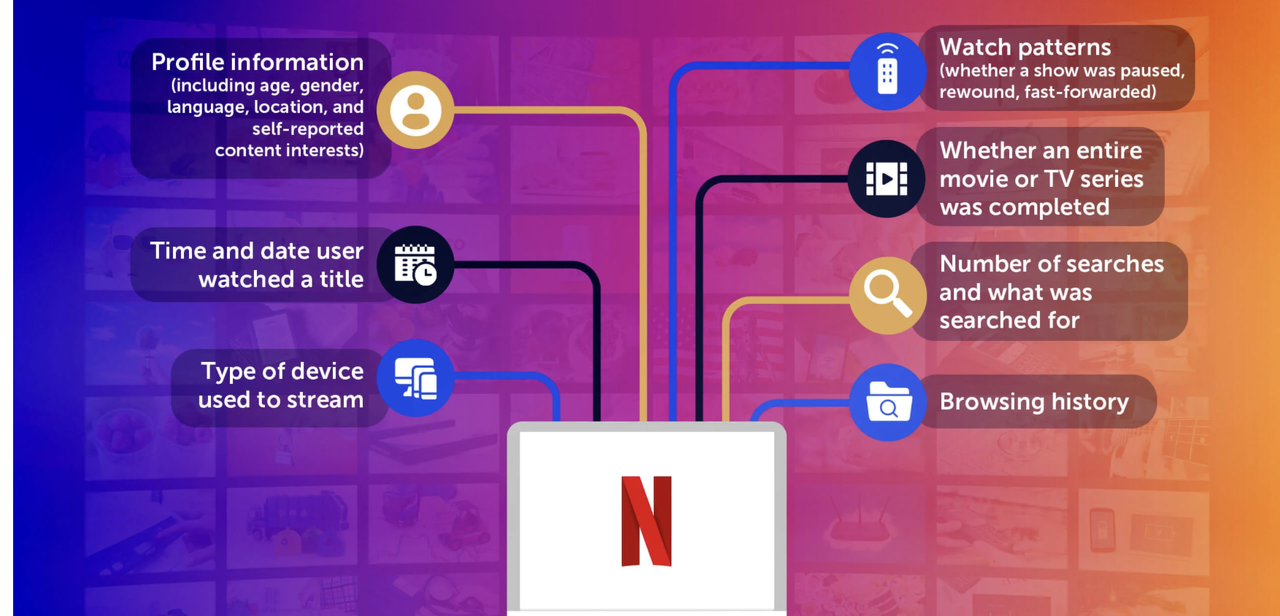Artificial Intelligence (AI) has transformed many facets of our lives, and one area where its impact is particularly profound is in personalized content recommendations on streaming services. This article delves into the intricate ways AI shapes the content consumption experience, revolutionizing how viewers discover and engage with entertainment.
Understanding Personalized Content Recommendations
Personalized content recommendations leverage AI algorithms to analyze user preferences, viewing history, and behavior patterns to deliver tailored suggestions. Unlike traditional linear programming, personalized recommendations adapt to individual tastes, ensuring that viewers are presented with content that aligns with their interests and preferences.
The Role of Machine Learning
Machine learning algorithms form the backbone of personalized content recommendations, continuously analyzing vast amounts of data to refine and improve their predictive capabilities. By identifying patterns, correlations, and user feedback, machine learning algorithms can anticipate viewer preferences and deliver recommendations that resonate with their unique tastes and preferences.
Harnessing Big Data
Personalized content recommendations rely on big data analytics to process and analyze massive datasets encompassing user interactions, content metadata, and contextual information. By harnessing the power of big data, streaming services can gain insights into viewers on VPN Streamers preferences, enabling them to deliver more relevant and personalized recommendations.
Enhancing User Experience
The integration of AI-driven personalized content recommendations has profoundly enhanced the user experience on streaming services, offering several key benefits.
Improved Content Discovery
Personalized recommendations alleviate the burden of choice overload by presenting viewers with a curated selection of content tailored to their tastes and preferences. By surfacing relevant and engaging content, personalized recommendations simplify the content discovery process, enabling viewers to explore new titles and genres with confidence.
Enhanced Engagement and Retention
By serving up personalized recommendations, streaming services can increase viewer engagement and retention rates. By delivering content that resonates with viewers, personalized recommendations keep audiences engaged and invested in the platform, fostering loyalty and long-term customer relationships.
The Science Behind Personalized Recommendations
Personalized content recommendations rely on a sophisticated interplay of algorithms, data, and user feedback to deliver relevant and engaging suggestions.
Collaborative Filtering
Collaborative filtering algorithms analyze user behavior and preferences to identify patterns and similarities among viewers. By leveraging collective user data, collaborative filtering algorithms can recommend content based on the preferences of similar users, increasing the likelihood of discovery and engagement.
Content-Based Filtering
Content-based filtering algorithms analyze the attributes and characteristics of individual pieces of content to generate recommendations. By examining metadata such as genre, cast, director, and plot keywords, content-based filtering algorithms can identify similarities and correlations between different titles, enabling them to recommend content based on thematic and stylistic preferences.
Ethical Considerations and Challenges
While personalized content recommendations offer significant benefits, they also raise important ethical considerations and challenges.
Privacy and Data Security
Personalized content recommendations rely on access to vast amounts of user data, raising concerns about privacy and data security. As streaming services collect and analyze user interactions and behavior patterns, it is imperative that they adhere to stringent data privacy regulations and industry best practices to protect user privacy and safeguard sensitive information.
Algorithmic Bias and Fairness
Algorithmic bias poses a significant challenge in personalized content recommendations, as AI algorithms may inadvertently perpetuate stereotypes or reinforce existing biases in the data. To mitigate algorithmic bias, streaming services must employ robust algorithms and validation techniques to ensure that recommendations are fair, diverse, and inclusive.
The Future of Personalized Content Recommendations
As AI technology continues to evolve, the future of personalized content recommendations holds exciting possibilities.
Context-Aware Recommendations
Future advancements in AI may enable context-aware recommendations that take into account factors such as time of day, location, device type, and viewing environment. By considering contextual cues, streaming services can deliver recommendations that are tailored to the user’s current situation and preferences, enhancing the relevance and utility of personalized suggestions.
Multimodal Recommendations
Multimodal recommendations may incorporate additional data sources such as user reviews, social media activity, and external content trends to enhance the accuracy and diversity of recommendations. By integrating multiple data streams, streaming services can gain deeper insights into viewer preferences and behavior, enabling them to deliver more nuanced and informed recommendations.
Conclusion
The influence of AI in personalized content recommendations on streaming services has revolutionized the way viewers discover and engage with entertainment. By leveraging machine learning algorithms, big data analytics, and user feedback, streaming services can deliver tailored suggestions that resonate with individual tastes and preferences, enhancing the user experience and fostering greater engagement and retention. As AI technology continues to evolve, the future of personalized content recommendations holds exciting possibilities for innovation, collaboration, and discovery in the ever-evolving landscape of streaming entertainment.




